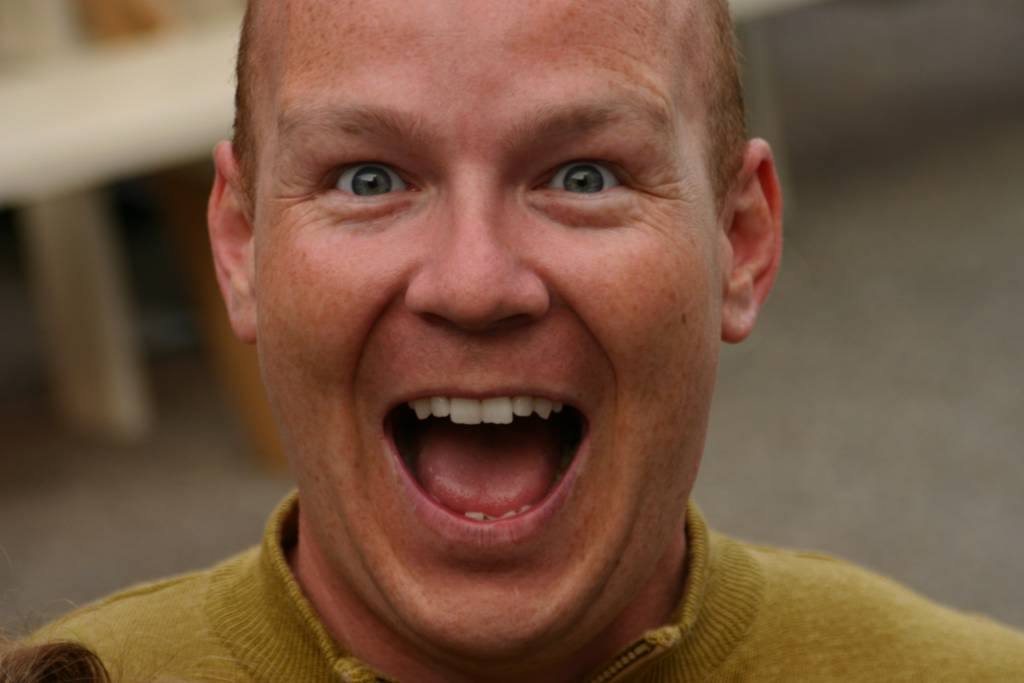The Truth, The Whole Truth, and Nothing but the Truth
My parents have been in town from Ireland over the last 2 weeks. Last night we visited with a good friends and introduced them to my parents. Before long we were talking about the past and the gag of me being a compliant child was being bantered around, obviously in jest as from my own memory and from the memories of my parents I could be deemed as a "spirited child".
In the midst of many stories I threw in a branded moment as a 15 year old school kid. As I remember the scene I sat beside my mum and dad across the desk from the principle. I got a cuff on the back of the head for talking back and then sat silently to hear about my terrible record of behaviour. I remember being internally proud that he stated me as holding one of the worst records in the history of the school (which is a couple of hundred years old). For those interested, it was the Royal Belfast Academical Institution (Inst).
As I recounted the story my mum said that she remember no such thing. So now I am back to the drawing board or wondering if I have an inflated/exaggerated/incorrect memory of who I was at school. Maybe I was a nice pleasant child :-)
In 1986 Ulric Neisser of Emory University and an associate, Nicole Harsch, stepped out to research memory and its capacity to recall and manufacture.
The day after the Challenger Disaster (January 28, 1986), they asked a large sample of undergraduates to record, in detail, how they had heard the news of the explosion. Two and a half years later, those respondents who could still be reached were asked to answer a questionnaire about the event and six months later were interviewed.
Over a third of the students' recollections about time, place, who told them, and so on were dead wrong, as judged by their 1986 reports, and nearly another quarter were partly wrong.
The interested aspect of this is that even when the subjects were shown the discrepancies many chose to prefer their current 1989 versions.
These narrative reconstructions can show us several things:
1. We want the truth but we can't handle the truth
2. We cannot trust our memory as accurate
3. We may have trouble staying true to taking the oath in court.
When working with a team in conflict I often squint my eyes and experience the fluid movement of the group instead of focusing on one part. I see actions, reactions, and a great dance. Eventually I see something that connects and begin to question. Without a shadow of a doubt it leads to misperceptions, false memories, constructed narratives, and beliefs about each other and the group.
When a group can accept that their recollection of a moment or events is not the gospel truth I find they can have breakthrough. By breakthrough I mean they get unstuck from their limited perceptions and open their eyes and mind to information beyond what they had been building their case upon. Understanding, appreciation, and respect for one another can follow such moments and lead to a new context for play.
Mark Dowds

